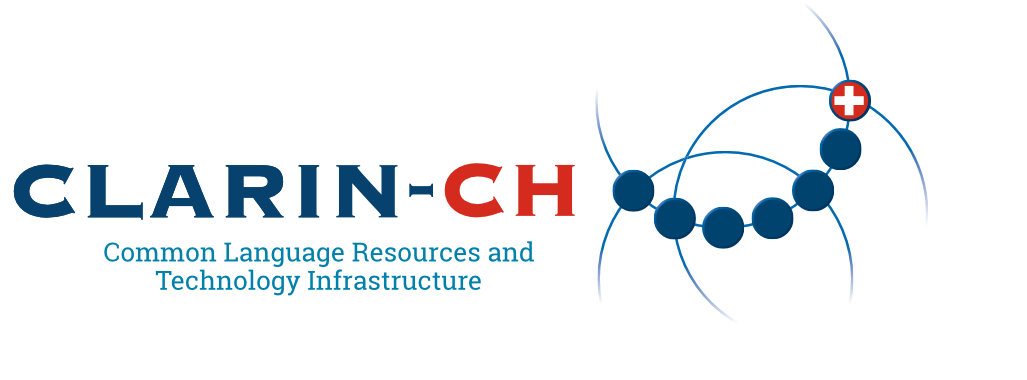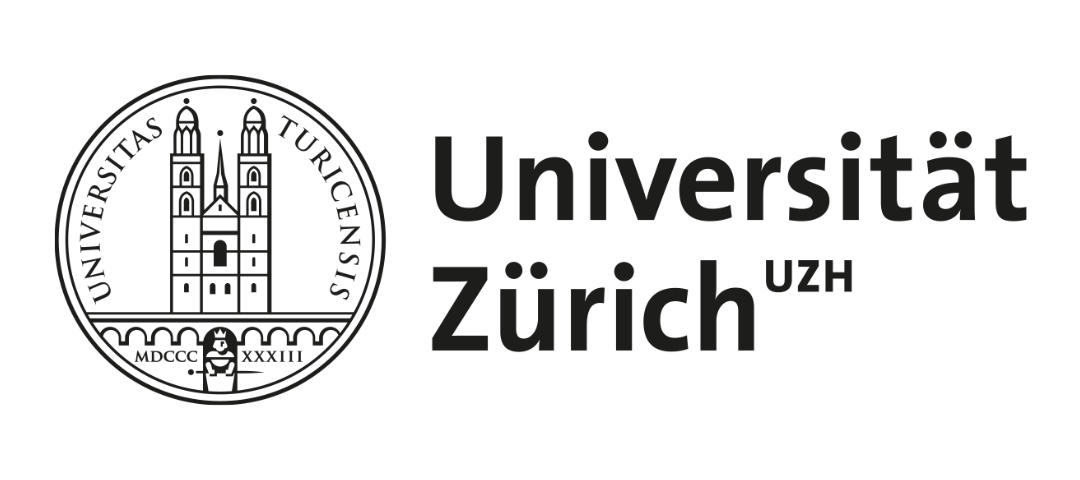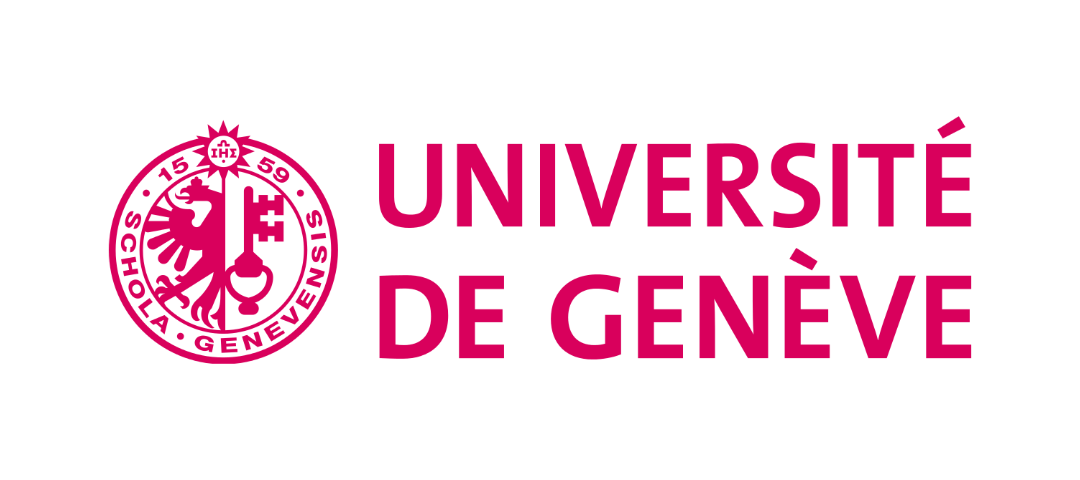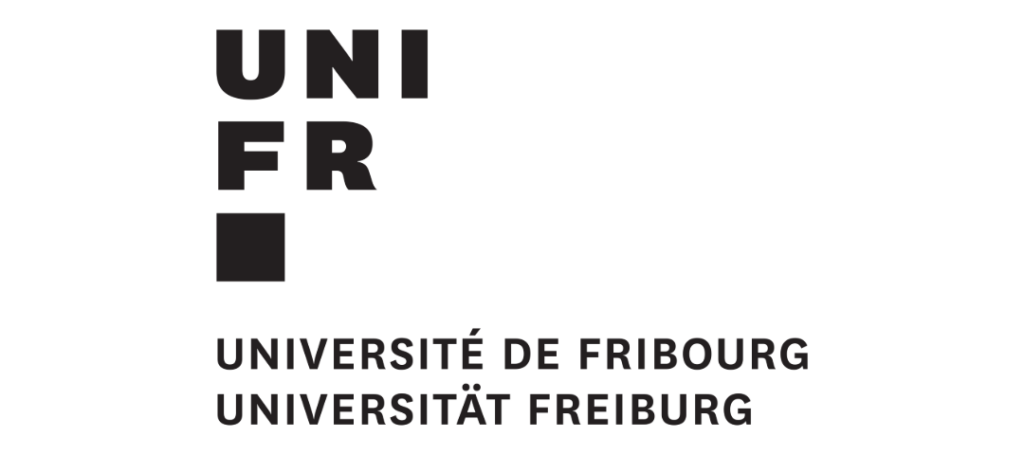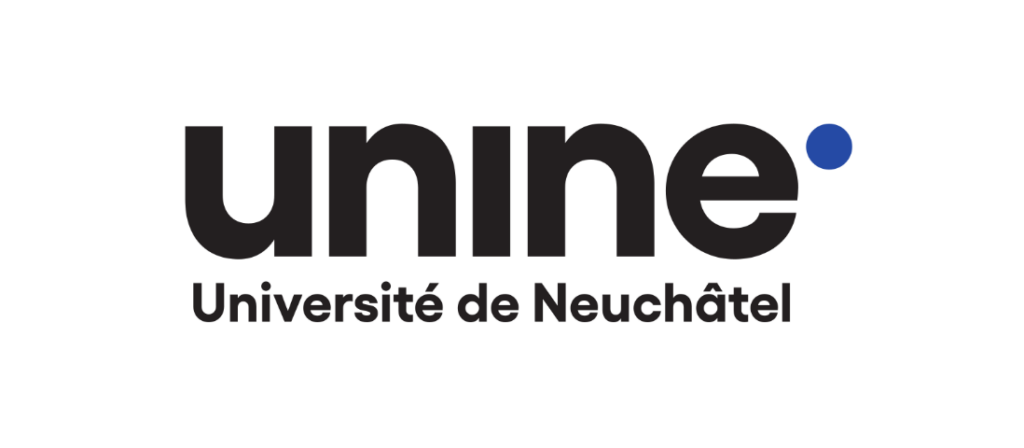National consortium
Purpose and tasks
- The Consortium organizes CLARIN-CH in Switzerland.
- The Consortium is committed to the participation of Switzerland as an observer or full member of CLARIN ERIC.
- The Consortium serves as a forum for the exchange of disciplines and research topics relevant to CLARIN, in particular linguistics and its research infrastructures.
- The Consortium supports the activities of CLARIN in Switzerland.
- It maintains the exchange with DARIAH and its national organization in Switzerland.
The Consortium Agreement 2025-2028 is the second agreement put in place by the consortium, stipulating the purpose of the CLARIN-CH Consortium, its functioning and the members’ responsibilities.
Members of the consortium
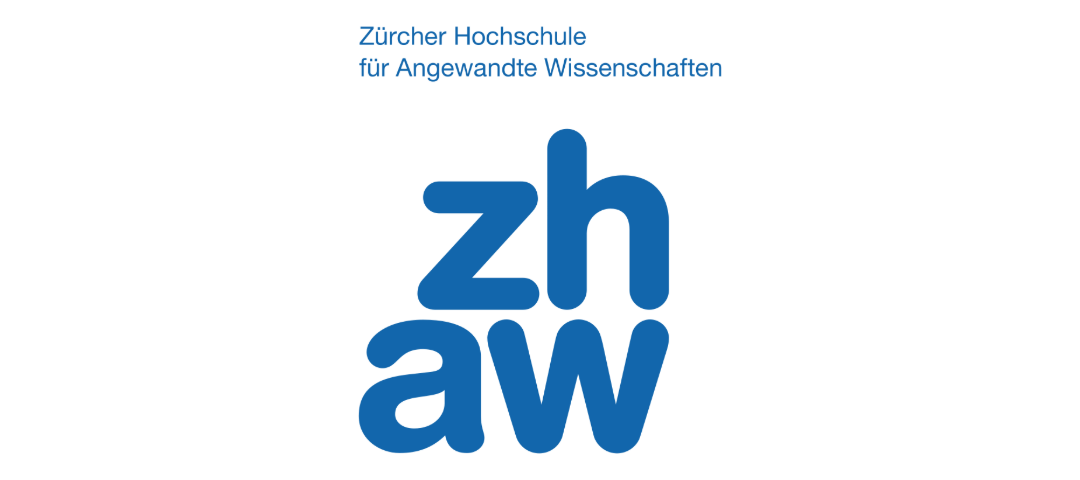
Zurich University of Applied Sciences (ZHAW)
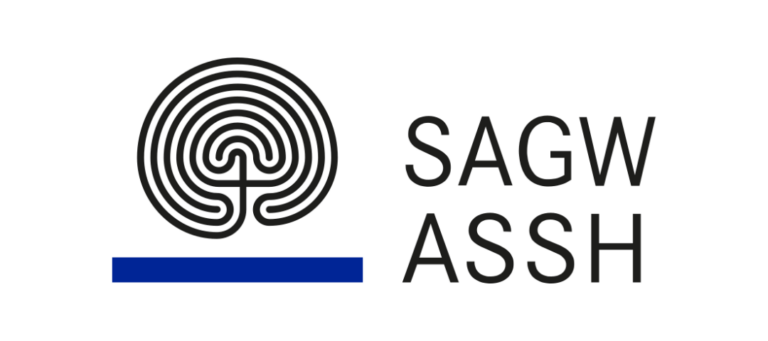
Swiss Academy of Human and Social Sciences (SAGW)
Joining CLARIN-CH
Is your institution interested in joining CLARIN-CH? Do not hesitate to contact us for further information on the procedure, as well as benefits and obligations of becoming a member.
Becoming an associate member
Since 2025 it is possible to become associated member of CLARIN-CH, giving smaller institutions the opportunity to get involved.
Associate members of CLARIN-CH
The following institutions have joined CLARIN-CH as associate members:

SwissNLP

Lia Rumantscha
Learn more about the difference between full membership and associate members in the FAQ section below:
About CLARIN-CH membership
What benefits do CLARIN-CH members have?
CLARIN-CH members gain access to a comprehensive digital infrastructure for language resources, including corpora, tools, web services, and knowledge centers, along with opportunities for collaboration in joint national and European projects. Full members receive additional benefits like voting rights (i.e. the ability to participate in strategy and policy development) and vouchers or reduced prices for LiRI services.
Benefits of consortium full members include:
- Access to the entire CLARIN infrastructure and all its services, i.e., Resource Families
(corpora, lexical resources and tools), Web Services, Knowledge Centers, Funding
Hub, Learning Hub; - Access to the CLARIN-CH Knowledge Hub, i.e., Documentation platform, national
Working Groups, joint Calendar, as well as its Education and Training opportunities - Reduced subscriptions and vouchers for certain services provided by the LiRI, e.g., the
swissdox@LiRI database - Access to joint national and European infrastructure projects, in which CLARIN ERIC
and CLARIN-CH participate;
Both full and associate members benefit from dimished costs for creation of resources and services by encouraging and facilitating reusability, as well as by cost-splitting with other members of the consortium.
To learn more about the benefits of a membership, please consult the Consortium Agreement (see section 5) and the CLARIN-CH Value Proposition.
What is the difference between full members and associate members?
Consortium full members may be higher education and research institutions, research institutes, libraries, and academies. Only Consortium full members have voting rights, they provide in-kind contributions and pay annual affiliation fees.
Consortium associate members are smaller entities, such as infrastructures, long-term projects or associations relevant for the area covered by CLARIN. Associate members are invited to the meetings of the Consortium, and they may take part in the organisation of the Consortium, nevertheless without voting rights. They provide in-kind contributions (e.g., data, services, infrastructure), and do not pay annual fees.
How can I become a member of CLARIN-CH?
CLARIN-CH membership is only possible for institutions, not individuals. If your institution would like to join CLARIN-CH, the application procedure is as follows:
- Contact the CLARIN-CH Coordination Office.
- Submit an application to the CLARIN-CH Board.
- The Board decides on admission by simple majority vote.
- If accepted, sign the CLARIN-CH Consortium Agreement.
